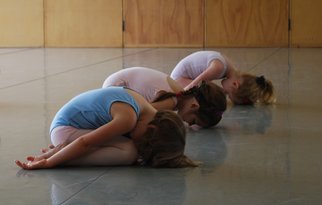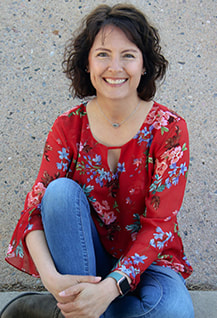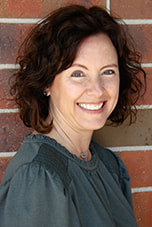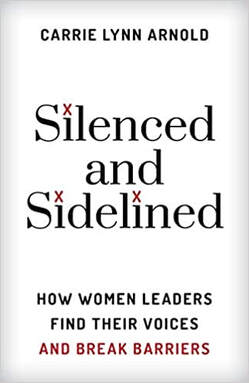|
A mere 100 years ago, in 1916, Reverend Charles Courtenay wrote the first full treatise on the subject of silence. He argued the historic merits of silence and described how it has been used systematically, religiously, and politically throughout the generations to disciplinarily control groups of people, especially women and children. While he advocated that disciplinary silence was problematic, he wanted to fill the world with a more reverent silence, which included a hushed woman. A direct quote from his 1916 treatise, The Empire of Silence, reads, “But a talking woman is an awful judgment, and a mystery, and an oppression” (p. 185). Women and children were considered chattering disruptions, and the disciplinary silence was not always a gentle rebuke to be quiet. At times, women were tortured to force their silence. Courtenay’s treatise described different ways the tongue was screwed by iron nails, seared at the tip, or actually bridled to keep women in a forced state of silence. I think we can all agree – we have come a long way. The disciplinary silence of the past is reprehensible but have we replaced the physical restraints with psychological ones? We judge those who protest on issues we disagree. We debate what causes warrant which reactions. We argue politics in black and white terms as if the value is either/or versus both/and. When I see men, women, and children protesting with signs and chanting to be heard – I wonder if they feel silenced or if they feel heard. Protest is a form of voice and one which we need to ensure is never silenced. Regardless of your political views, look beyond the issues and instead focus on how it takes courage to raise voice in the face of adversity. Whether women march for choice, immigration, equality, life or sacredness – they march with voice. To be silenced is a far worse fate. How do you silence or honor those with different viewpoints? |
Carrie Arnold, PhD, MCC, BCCIn no particular order: Author | Dog mom | Speaker | Reader | Mom to human offspring | Wife | Lover of Learning | Leadership coach & consultant, The Willow Group | Faculty for Evidence-Based Coaching at Fielding Graduate University
�
Categories
All
|
The Willow GroupCarrie Arnold, PhD, MCC
|
Silenced and Sidelined: How Women Leaders Find Their Voices and Break Barriers
|
|
© 2020 The Willow Group, LLC






